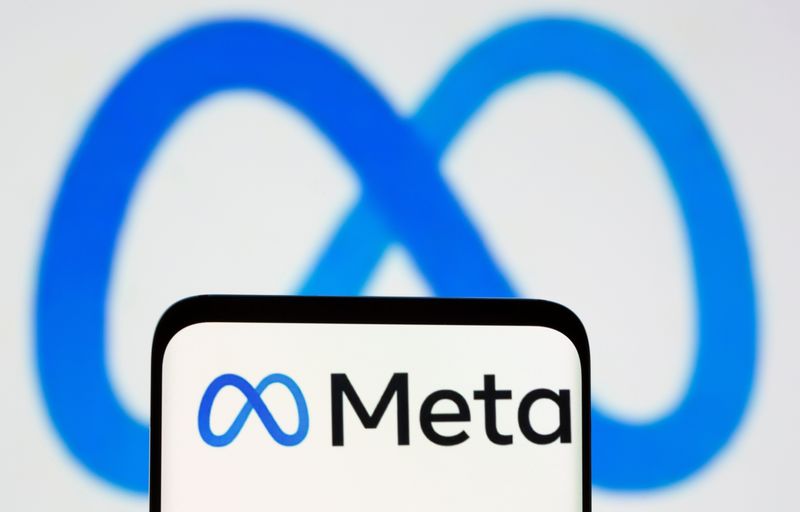This post was originally published on this site
https://i-invdn-com.investing.com/trkd-images/LYNXMPEIB0289_L.jpg
OAKLAND, Calif. (Reuters) – Meta Platforms Inc (NASDAQ:META) unlawfully steered dozens of hiring ads from trucking companies and other advertisers to mostly one gender or age group, an advocacy group for female truckers alleged in a U.S. complaint on Thursday, citing the social media giant’s own data.
In June, Meta said it planned to introduce a “variance reduction system” to its algorithms to ensure housing and employment ads reached diverse audiences in terms of age and gender.
The new allegations underscore the issues that Meta’s planned system would counter. Meta on Thursday said it was reviewing the complaint and did not provide immediate comment on it or the status of the planned changes.
“Facebook is one of the go-to resources for these life opportunities – the consequences of this kind of discrimination are far-reaching,” said Mitra Ebadolahi, senior project director at Upturn, an advocacy group representing Real Women in Trucking on its charge to the Equal Employment Opportunity Commission.
Meta, which owns Facebook and Instagram, has faced years of criticism from civil rights groups and regulators about how its settings and algorithms allow for bias in access to job and housing listings. U.S. law bars discrimination based on gender or age in those ads.
Real Women in Trucking’s complaint lists about 80 ads from Meta’s public archive that show skewed audiences.
In one example, an employer seeking truck drivers in North Carolina reached an audience that was 5% female and 11% 55 years or older.
“Women are 54% of the people on Facebook interested in job hunting. People 55 or older are 28%,” said Peter Romer-Friedman, principal at law firm Gupta Wessler, representing Real Women in Trucking.
“There’s no reason that job ads should be sent to a fraction of those numbers on a routine basis,” he said.
Most employers intended to reach broader audiences, he added.
But the charge cites three ads for which Meta let advertisers select age-restricted audiences, an option it promised to block for job ads in 2019.
If Meta is struggling to identify job ads, it may likewise face difficulties applying the planned variance reductions, Romer-Friedman said.

